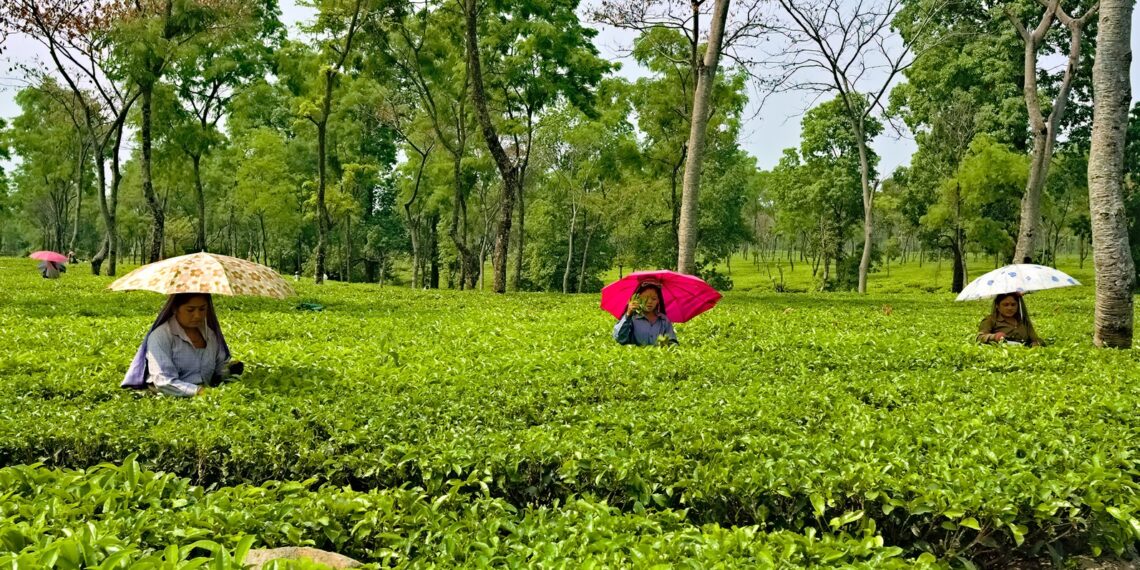GUWAHATI: The North East Tea Association (NETA) has voiced its opposition to the recent directive from the Union Ministry of Commerce and Industry mandating the sale of dust grades of tea through public auctions.
During the 21st Biennial General Meeting (BGM) of NETA held in Guwahati, Kamal Jalan, the chairman of the association, objected to the Centre’s decision, stating that there is no necessity for the Ministry to enforce the sale of a certain percentage of tea through public auctions.
“In a liberalised and globalised economy, we believe there is no justification for the government to issue a notification compelling the sale of tea through public auctions. Government intervention in a specific segment of the tea trade, where market forces should prevail, is unnecessary,” remarked Jalan in a statement released on Friday.
Jalan also highlighted any obligation to sell tea through public auctions would negatively impact the sustainability of the tea industry. He urged the Centre to revoke the order in the best interest of the tea sector.
Highlighting the drawbacks of public auctioning, Jalan stressed on its inefficiency, time-consuming nature, and the limited number of buyers, which often lead to unfair pricing due to the dominance of commission agents representing multiple buyers.
The controversy stems from a gazette notification issued by the Union Ministry of Commerce and Industry on March 1.
The notification mandates that at least 50% of other grades of tea, including orthodox and granular CTC (crush, tear, and curl), must be sold through the auction route.
Jalan also called for intervention from the Assam government, urging Chief Minister Himanta Biswa Sarma to permit the mortgaging of 5% of tea estates’ land areas to financial institutions or lenders/investors.
“Currently, existing land laws prohibit the mortgaging of 5% of estate land to financial institutions or lenders/investors. Therefore, we urge the Assam government to amend the legislation promptly by reclassifying the land as commercial and allowing its mortgage/lease. Otherwise, attracting investments will be challenging,” stated Jalan.
Previously, in August 2022, the Assam government had approved the utilisation of up to 5% of tea estate land for alternative purposes.















